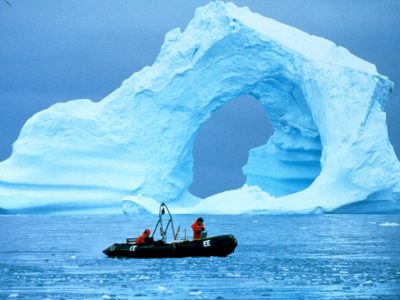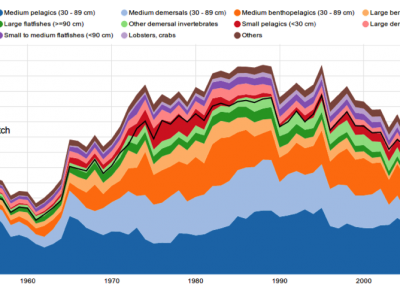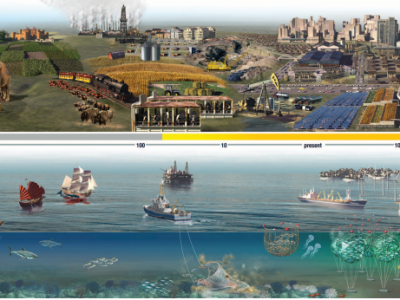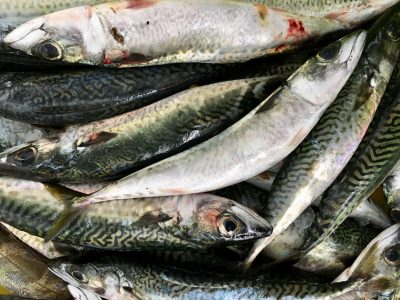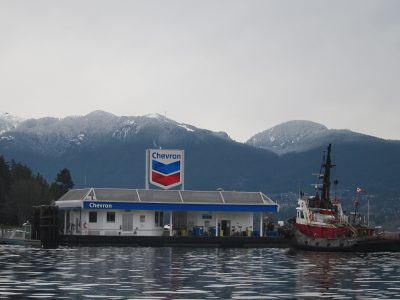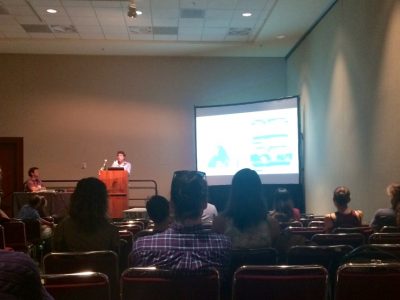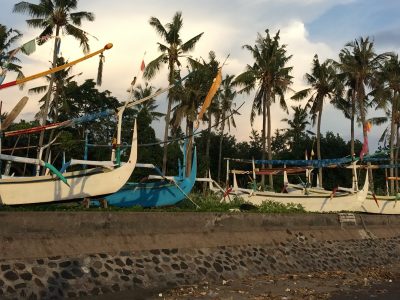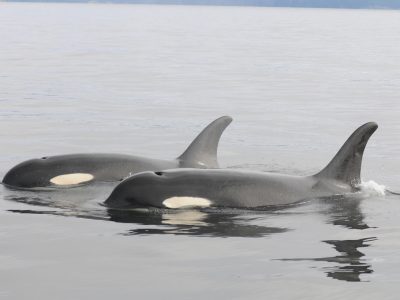Regulating New Fisheries: Emerging Rules for Emerging Stocks
By Richard Caddell, Nereus Program Fellow at Utrecht University
It is increasingly evident that profound changes will be necessary to current fishing practices in order to meet future global demand for seafood. Many fisheries are already operating at or beyond their ecological and economic capacity, while climate change and associated processes are projected to have significant impacts upon the future distribution of fish stocks.



